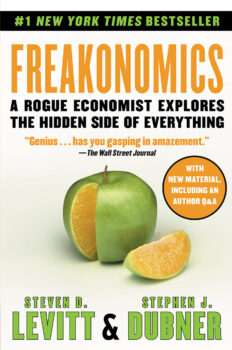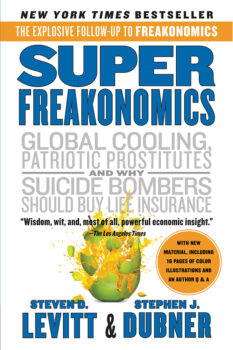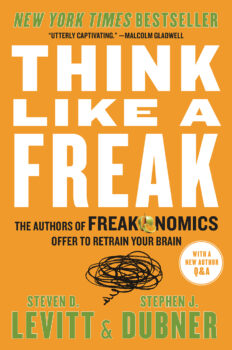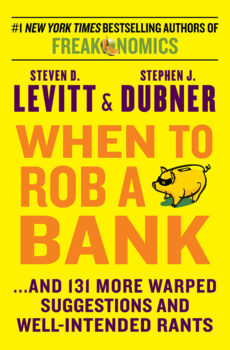“99 Problems”
An economist at an elite university, wishing to remain anonymous, has written the following rap in honor of Levitt. S/he sent it directly to me (Dubner) to ensure that even Levitt doesn’t know who wrote it. I think you’ll agree it’s sick enough to be worthwhile. Sing it to the tune of Jay-Z’s “99 Problems.” If you’re getting rejected I . . .




